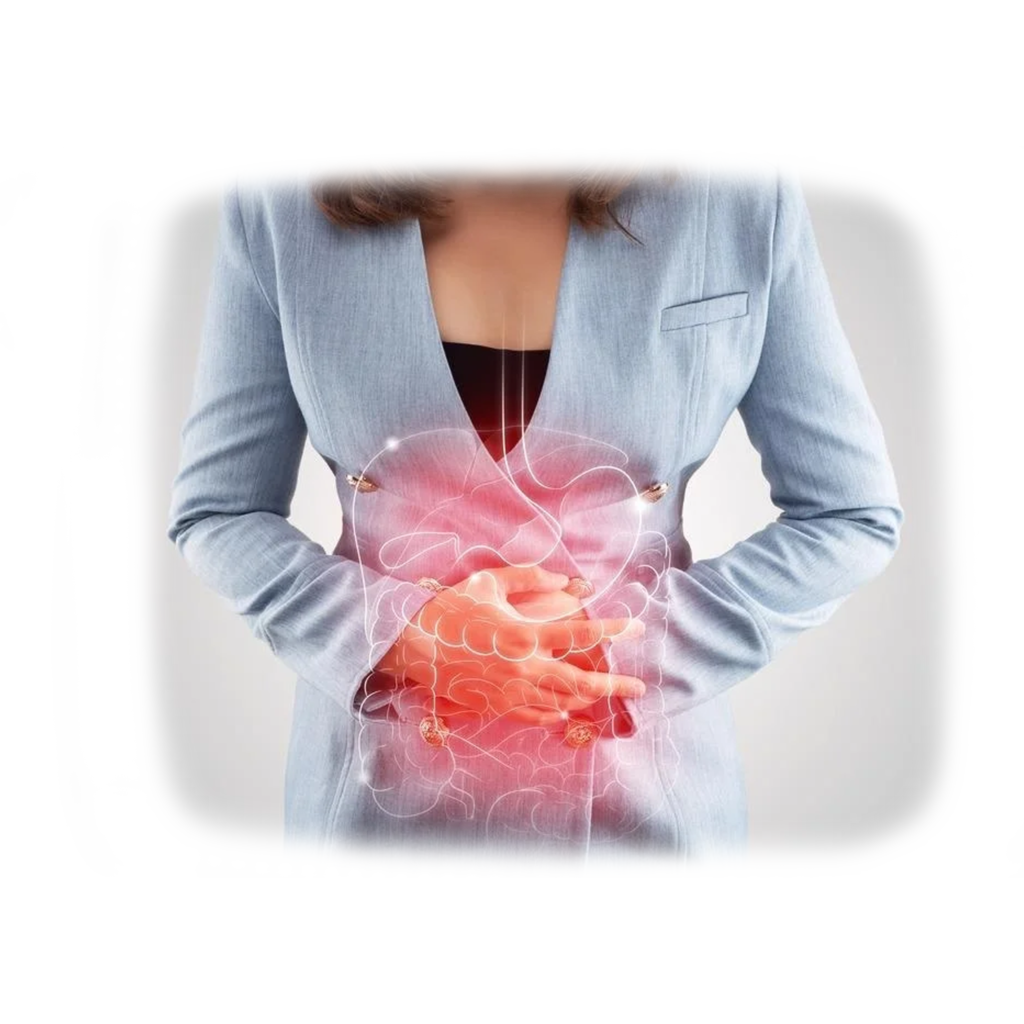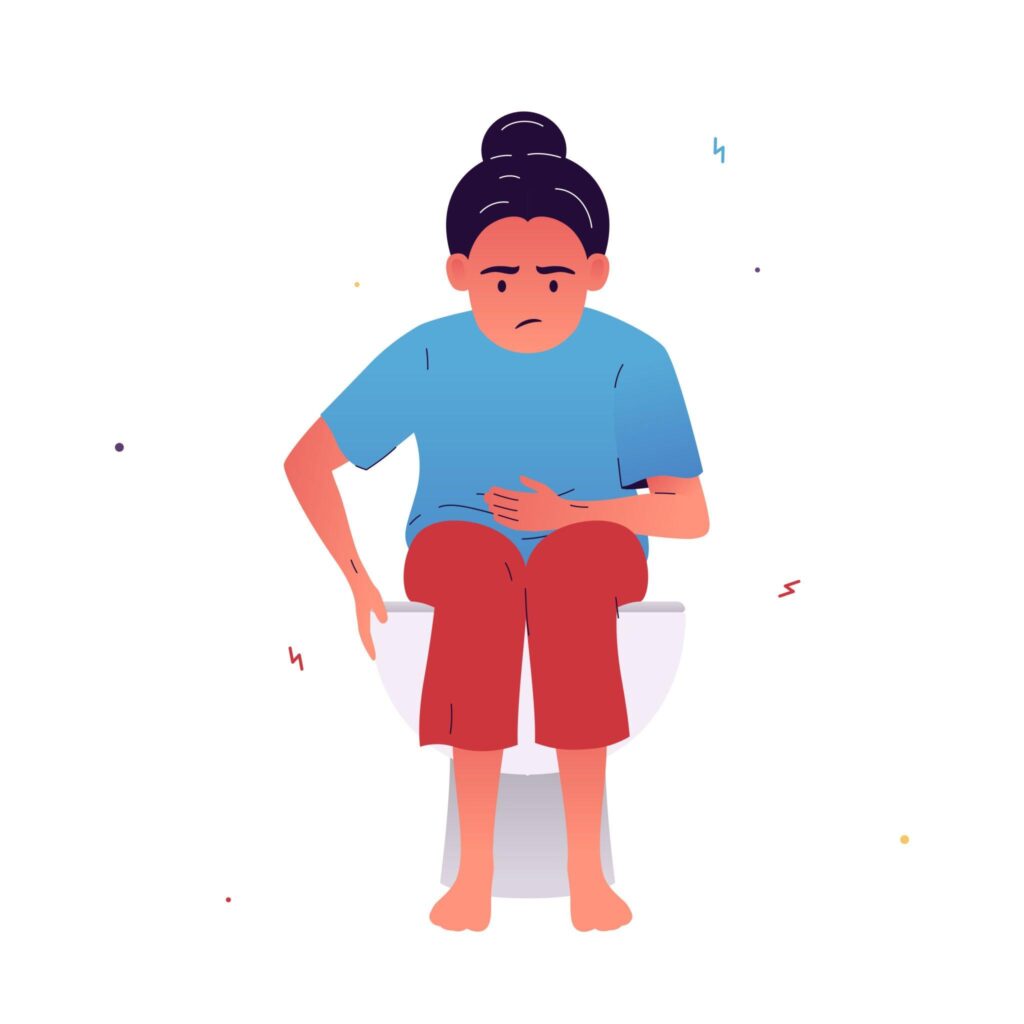CONSTIPATION
Digestive Disorders

CONSTIPATION
Constipation is when you have trouble going to the bathroom. Your bowel movements are infrequent, hard to pass, and often painful. It’s a common problem, and it’s more common in women than men.
Constipation makes it frustrating to go, and it can affect your daily life. It means you’re passing very hard and dry stools. It’s not just uncomfortable; sometimes it can be really painful. If it gets severe, it can lead to issues like anal fissures or hemorrhoids, which are even more painful.
Causes of Constipation
Constipation, a common tummy trouble, happens when it’s hard to go to the bathroom. It can be caused by different things, and everyone’s experience is different, so treatment needs to be understanding and comprehensive.
- Low-Fiber Diet: Eating too much processed food with not enough fiber can make it tough to have regular, easy bathroom trips.
- Dehydration: Forgetting to drink enough water can lead to dry and hard stools that are hard to push out.
- Sitting Around: Our modern lives often involve a lot of sitting and not much physical activity. This can slow down how our insides work and cause constipation.
- Stress: Modern life can be very stressful, and that stress can mess with our digestive system, making constipation worse.
Other Reasons: Sometimes, constipation can happen because of nerve damage, certain diseases, surgeries, or side effects of medication. These can all make it hard to have regular bathroom trips.

Symptoms of Constipation
- Rare Bathroom Visits: You’re not going to the bathroom often, less than three times a week.
- Uncomfortable Stools: When you do go, the poop is hard and lumpy, which can be uncomfortable.
- Changes in Routine: Your usual bathroom habits change, and you’re not going as regularly as you used to.
- Feeling Not Empty: After you go, it feels like there’s still something left in your belly.
- Belly Discomfort: You might feel bloated, gassy, and have pain in your stomach because of constipation.
- Nausea and No Hunger: Sometimes, constipation can make you feel queasy and not want to eat. It messes with how your whole digestive system works.
Constipation Ayurvedic Treatment
When you go for Ayurvedic treatment for constipation, you’re choosing a holistic approach that sees you as unique. It combines different aspects and ancient wisdom, guided by a caring team.
- Dietary Advice: Ayurvedic treatment for constipation emphasizes a diet full of fiber-rich foods like fruits, veggies, whole grains, and legumes. It balances your body’s Vata Dosha. Starting your day with warm water is great for digestion.
- Lifestyle Changes: In Ayurveda, making good lifestyle choices is vital. This includes regular exercise and practicing yoga for health, along with a healthy diet. These things help your digestion and make going to the bathroom easier.
- Hydration Matters: Drinking enough water is important for having soft stools and comfortable bathroom trips. Ayurveda recognizes that stress can mess with your digestion, so techniques like deep breathing and meditation are part of the healing process.
- Home Remedies: If you have constipation, Ayurvedic home remedies might help. One popular remedy is Triphala, made from three fruits: Amalaki, Bibhitaki, and Haritaki. They’re known for regulating bowel movements and improving digestion, and they’ve been used for constipation for a long time.
At Savita Mittal, we believe that everyone’s journey to good health is unique. Our caring experts look at your body type and create a personalized treatment plan just for you. We’re on a journey to achieve the best digestive health possible, embracing the purest and most nourishing Ayurvedic knowledge.


